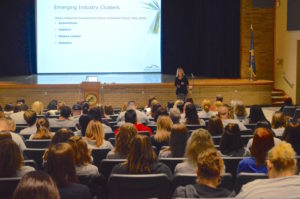South Allegheny event features business breakouts
Some 21 businesses hosted workshops as part of a professional learning session that South Allegheny School District organized on Connecting Classrooms to Careers. Interest in the event proved strong, with roughly 130 educators attending, including a fifth from other districts.

Organizers could sense they’d tapped into a vein. “We had businesses still asking to participate after the commitment deadline had passed,” said Acting Superintendent Alisa King. “Obviously, there’s interest and need on both sides.”
King said the level of interest might prompt other districts to attempt similar events. South Allegheny’s event came through collaboration between a team participating in the Consortium’s Future Ready Alliance and educators working on the district’s 339 plan.With little exposure to work settings and practices outside of school, educators need to connect with businesses to help students prepare for careers or help their schools comply with Pennsylvania’s plan under ESSA (the federal Every Child Succeeds Act.) At the same time, businesses facing looming workforce shortages as well as misalignment between available jobs and applicants, increasingly see the need to reach out to schools.
On hand to brief attendees on the region’s growing industries and the outlook for different kinds of jobs were Bill Flanagan, Chief Communications Officer for the Allegheny Conference on Community Development and Linda Topoleski, the Conference’s Vice President for Workforce Programs.
Flanagan said students can look forward to jobs in a number of fast-growing industries for which Pittsburgh has become the world research hub, including robotics, autonomous vehicles and additive manufacturing. He also said demand for skilled tradespeople also is booming with billions of construction projects on the horizon, including the Shell Oil’s ethane cracker plant in Beaver County.
Topoleski said the jobs may seem disparate in all ways, but all of the fields have something in common—a need for soft skills, particularly communications.
She said one of the best ways schools can help kids develop those skills is by involving them in Project-Based Learning.






